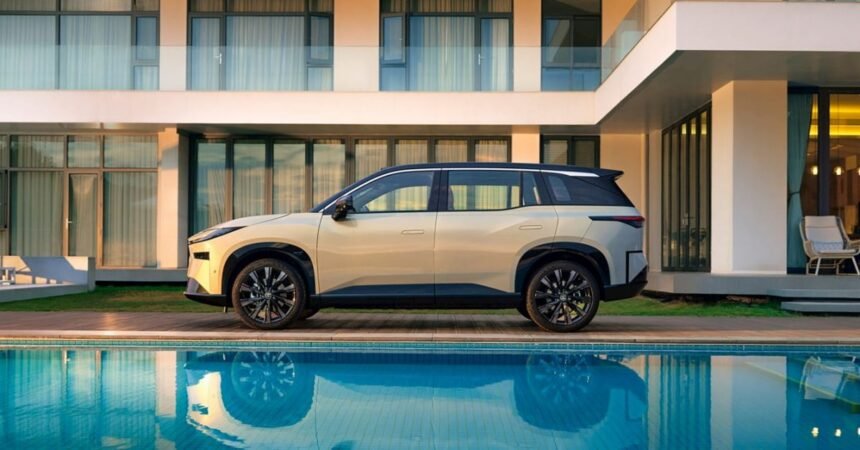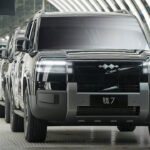Toyota’s New EV Strategy: Leveraging China to Cut Costs
Toyota, the world’s largest automaker, is shifting gears in its strategy by teaming up with China to lower costs for its upcoming electric vehicle (EV) models. This move comes as Chinese brands like BYD are gaining traction in the market with their affordable EVs equipped with advanced technology and features.
Toyota is already sourcing parts from Chinese suppliers to build EVs at its production base in Thailand, the largest hub in Southeast Asia. Japanese automakers have traditionally dominated vehicle sales in the region, but the rise of Chinese brands in the market has led to a shift in consumer preferences.
By expanding the use of parts and components from Chinese suppliers, Toyota aims to launch more affordable EVs at its Thailand facility as early as 2028. The company plans to reduce costs by approximately 30% by sourcing parts from China, a move that has already sparked interest in the region.
One of Toyota’s recent EV models, the bZ3X electric SUV, has seen strong initial demand in China. Priced at just 109,800 yuan ($15,000), the bZ3X became the best-selling foreign brand EV in China in May, showcasing the potential of leveraging local suppliers to drive sales.
In line with its new strategy, Toyota is looking to develop more cost-effective EVs by utilizing parts from Chinese manufacturers. The company’s joint venture, GAC-Toyota, has been instrumental in producing the bZ3X, a vehicle comparable in size to the Tesla Model Y but offered at a significantly lower cost in China.
Toyota’s commitment to expanding its EV lineup is evident through recent partnerships with industry leaders like Xiaomi, Momenta, and Huawei. The company has also broken ground on a new EV plant in China dedicated to its luxury Lexus brand, marking a significant investment in the region.
While Toyota’s collaboration with Chinese suppliers is a step in the right direction, the competition from Chinese brands that produce everything in-house, including batteries, poses a challenge. Toyota’s promise to launch a series of more efficient EV batteries in the future is a positive development, but the advantage still lies with brands like BYD.
In response to new US tariffs on imports from Japan, Toyota is focusing on local production to minimize costs. The company recently opened its first overseas battery plant in North Carolina, signaling its commitment to powering EVs, hybrid electric vehicles (HEVs), and plug-in hybrid electric vehicles (PHEVs) in North America.
Overall, Toyota’s new EV strategy leveraging China’s manufacturing capabilities reflects a strategic shift in the global automotive market. By tapping into the expertise and resources of Chinese suppliers, Toyota aims to stay competitive and drive innovation in the EV sector.







